When Apple launched Apple TV+ in 2019, the tech giant entered Hollywood with a bold promise: quality over quantity. Netflix went wide, Disney went nostalgic, Apple took a different approach, creating the content that traditional Hollywood would not dare touch. By 2025, the bet is reshaping the landscape. Apple's services business brought in nearly $100 billion in sales last year, and Apple TV+ is the proof point that less can hit harder.
The billion-dollar gamble that's actually working
Apple's streaming play is expensive, risky, and upside down to standard business logic. Analysts estimate Apple TV+ may lose over $1 billion annually, which sounds like a disaster until you remember Apple is not playing the same game. While competitors chase raw subscriber counts and endless volume, Apple is building a prestige brand, treating streaming like a premium product.
The results are visible. Apple's F1 becomes its first summer blockbuster, marking a turning point in Hollywood ambitions. The Brad Pitt racing film, F1, is projected to approach the $300 million mark. More than the gross, it signals Apple can stand on the same field as traditional studios while keeping its focus on original, high quality storytelling.
What sets Apple apart is a systematic way of judging what to make. Reports suggest Apple Studios evaluates projects on metrics like subscriber acquisition, engagement, and cost efficiency. Instead of gut calls, the method forces each creative bet to serve both the story and the business, a balance legacy studios have chased for decades.
Why Apple's "HBO strategy" is genius
Let us call it what it is. Apple TV+ is still treating streaming like a prestige product, premium only, locked behind the Apple ecosystem. That sounds limiting, yet it is sharp positioning. Skip competing with Netflix's volume or Disney's nostalgia, aim to be the new HBO, the place you go for shows that matter.
Severance became one of Apple TV+'s most-watched shows, fueled by a three year gap that turned anticipation into a fever pitch. Weird, ambitious, memorable, the show is the model. Apple leaned into the wait, and Apple saw it coming, announcing the season two premiere six months early, a rare move for the company, a sign it knows how to build appetite, not just dump episodes.
The HBO comparison is not accidental. Apple's strategy mirrors HBO's golden era, think The Sopranos or Game of Thrones, where one standout show keeps viewers subscribed. Apple then stretches the model beyond a lone flagship. Apple TV+ has delivered commercially successful elevated broadcast-esque fare, like Ted Lasso and Hijack, proof it can do both water cooler prestige and broad, crowd pleasing hits.
The movies Hollywood won't make (and why that matters)
Apple's real trick is spotting the gaps traditional Hollywood leaves. Consider the satirical series The Studio, which sheds a harsh light on Hollywood's darker side. It is entertainment, and it is also a statement about the industry Apple is poking at.
In one satirical scene, a fictional studio exec suggests an escape room based on Schindler's List. Sharp, uncomfortable, the bit is the kind of satire traditional studios rarely greenlight because it points back at them. Apple leans in, turning industry self examination into premium content.
The series shows how Apple's unflinching dedication to satire tackles the greed, creative bankruptcy, and chaos that define the streaming era. It plays for audiences, needles insiders, and doubles as a manifesto of Apple's creative values. When a platform is confident enough to make what others avoid, you get boundary pushing work that can spark cultural moments.
Timing matters. Released amid the ongoing streaming wars, The Studio offers a timely commentary on the industry's current state, using the platform to critique the very system it must still win in, while rivals stick to safe formulas.
The technical innovation nobody talks about
One piece often gets overlooked in the talk about Apple's content strategy, the company is not just making different movies and shows, it is making them differently. Remember how Tangerine was shot entirely on three iPhone 5S smartphones, a challenge to what a movie could look like?
That 2015 indie film used anamorphic lenses and apps like Filmic Pro on iPhone 5S devices to enhance the visuals, giving Tangerine a unique, hyper saturated look. Just as crucial, the camera's handheld nature allowed the filmmakers to shoot quickly, intimately, and without drawing unwanted attention, a huge advantage for guerrilla style filmmaking. The approach lowered costs and unlocked a kind of authenticity big budget productions struggle to capture.
Those tools create space for stories that otherwise would not get made. Mya Taylor became the first openly transgender actress to win a major film critic award with Tangerine, a reminder that Apple's tech ecosystem can enable representation by making filmmaking accessible to voices on the margins.
The push continues in current productions. In one Apple TV+ production, the 25-minute episode 'The Oner' was shot in a single continuous take, a technical feat that serves the story instead of being empty spectacle, the kind of link between hardware chops and content philosophy Apple prefers.
What this means for the future of entertainment
Apple's rise forces a rethink of how content gets made and delivered. Apple TV+ maintains a smaller library compared to Netflix or HBO, yet it focuses only on creating great shows with some top notch talents. That is a clean break from the saturation model that defined streaming's first decade.
The ripple effect goes past platforms. This year's Academy Awards celebrated a mix of independent cinema, Hollywood veterans, and corporate influence, and Anora, a $6 million indie film winning Best Picture and delivering a staggering 566% return on investment. The message is clear, compelling storytelling can outperform big budget spectacles in critical recognition, a validation of Apple's approach.
The model hints at a more sustainable playbook. Studios could diversify their portfolios by investing in more lean, story driven projects that have a higher return on investment and stronger awards potential. Keep the blockbusters, but balance them with prestigious originals for brand building, crowd pleasers for reach, and experimental work for cultural influence.
Industry recognition backs it up, audiences and critics still crave well crafted narratives, and if studios could find a way to replicate that formula, prioritizing creative storytelling over spectacle, they could strike a balance between financial success and artistic prestige. Apple has not just found that balance, it has turned it into a competitive edge.
The billion-dollar bet that's reshaping Hollywood
Bottom line, Apple is not just making movies and TV shows, it is redefining what success looks like in entertainment. While Apple TV+ remains a small piece of Apple's services revenue, with Apple Music and iCloud+ driving the bulk of services revenue, its impact on the broader industry far exceeds its financial footprint.
Apple has built a reputation for producing intelligent, witty, and thought provoking series that strike a chord with audiences. You do not need to chase every trend or flood the market to build a viable platform. Sometimes the movies Hollywood will not make are the ones people are waiting for.
Apple's approach moves away from the volume model that ruled the last decade. Rather than trying to be everything to everyone, the company chose to be specific and meaningful to its audience, and that focus became a strength. The billion dollar annual spend is not just buying hours of video, it is buying cultural influence and credibility that outlasts any one show's numbers.
The real test now is whether other studios can learn from this without carbon copying it. Apple's model works because it fits the broader ecosystem and brand values, not because it is a plug and play formula. If the current trajectory holds, that billion dollar gamble on quality over quantity is not just paying off, it is showing the industry a more sustainable, more meaningful way to make entertainment that matters.






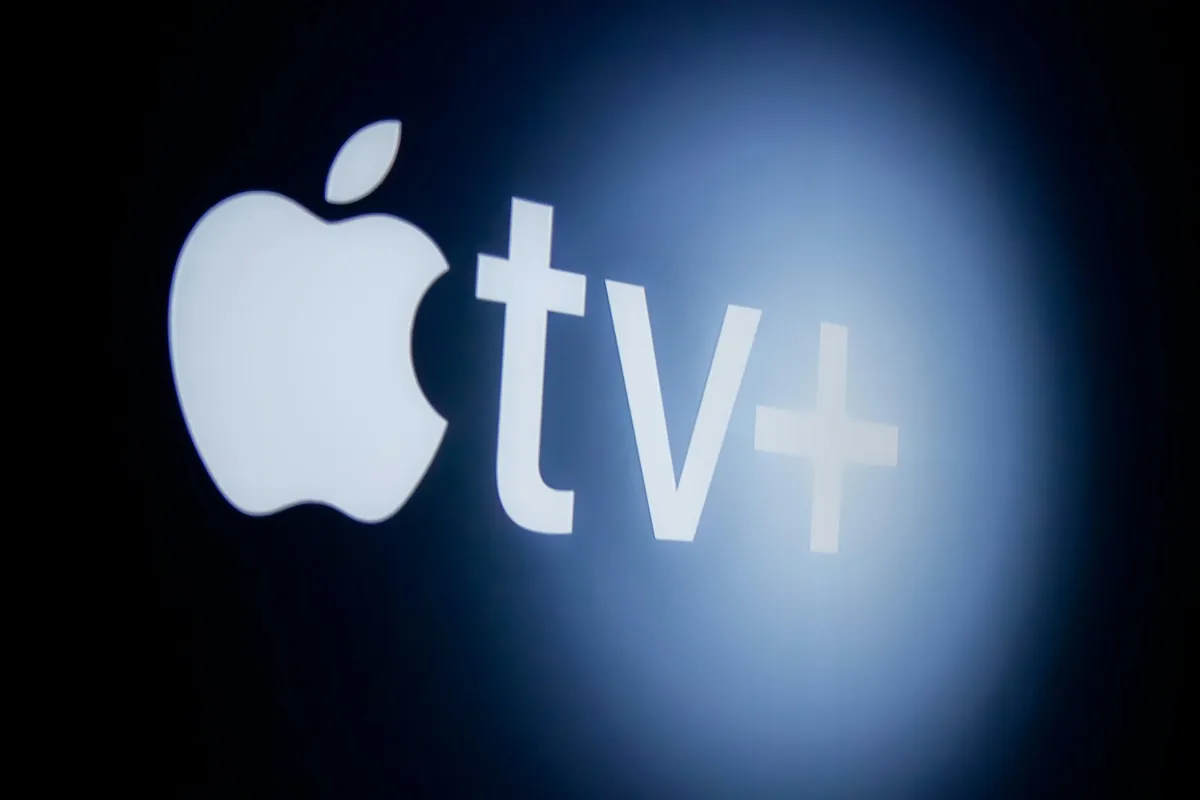
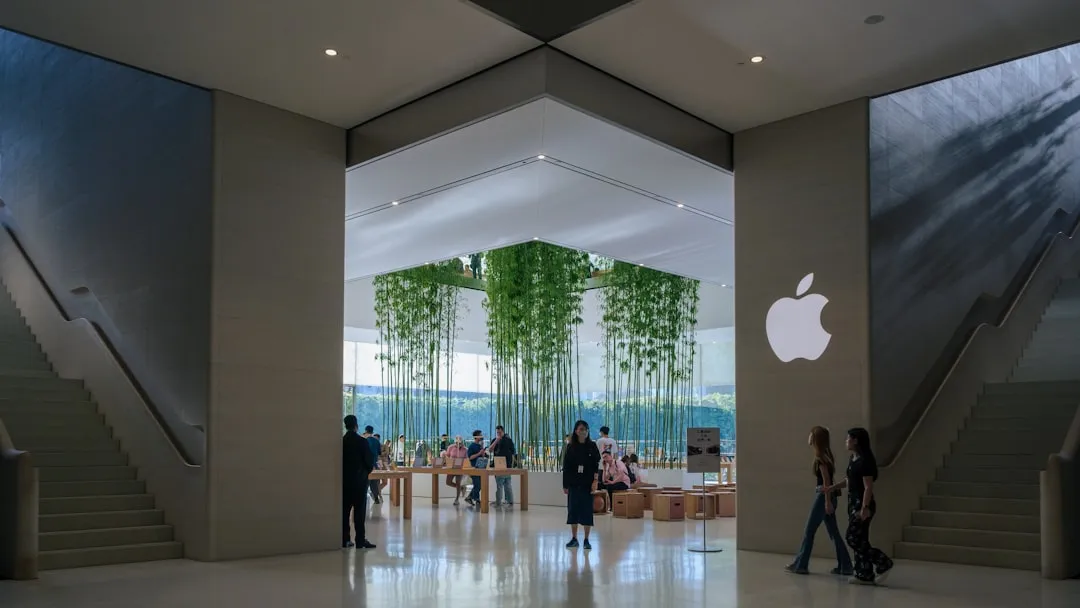
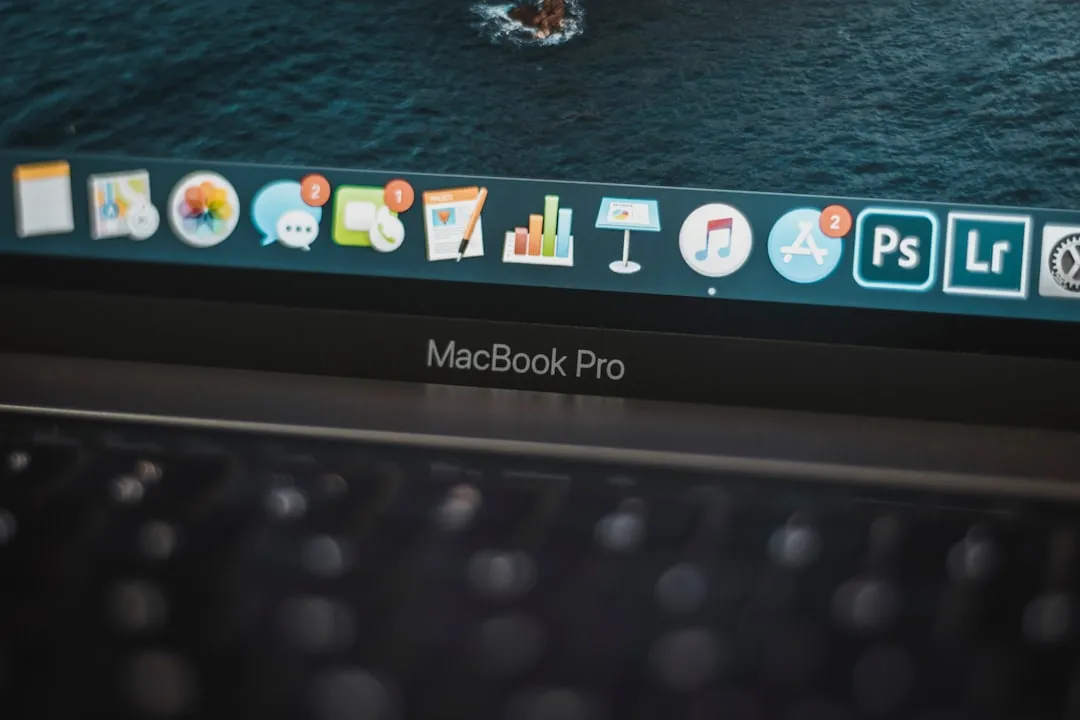

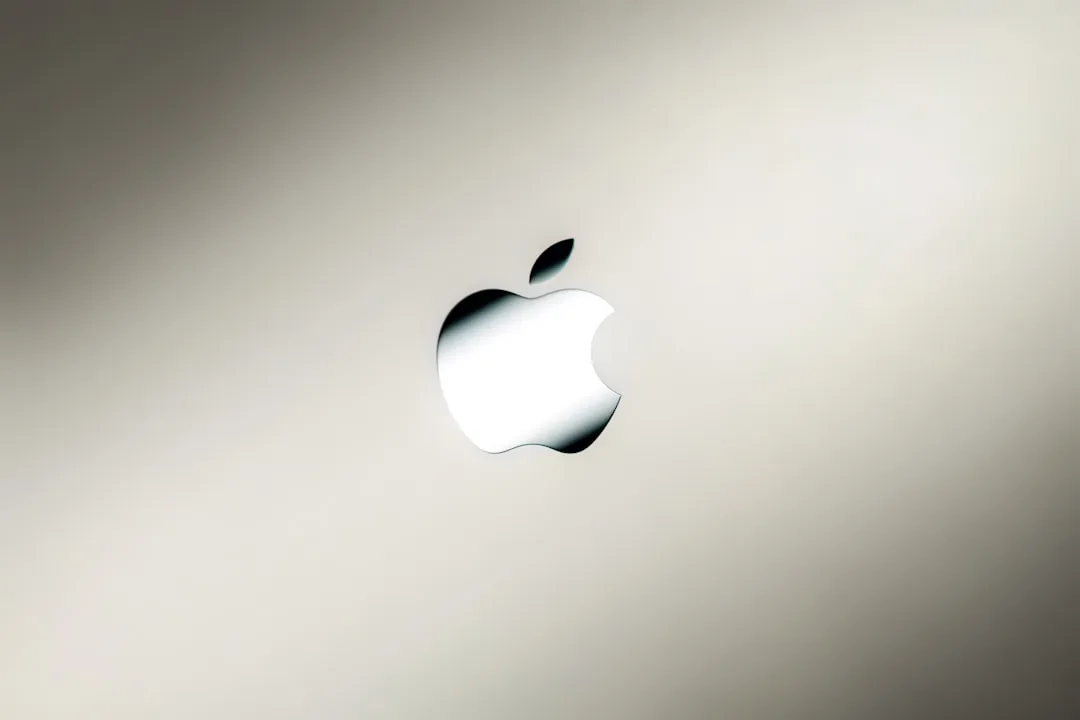
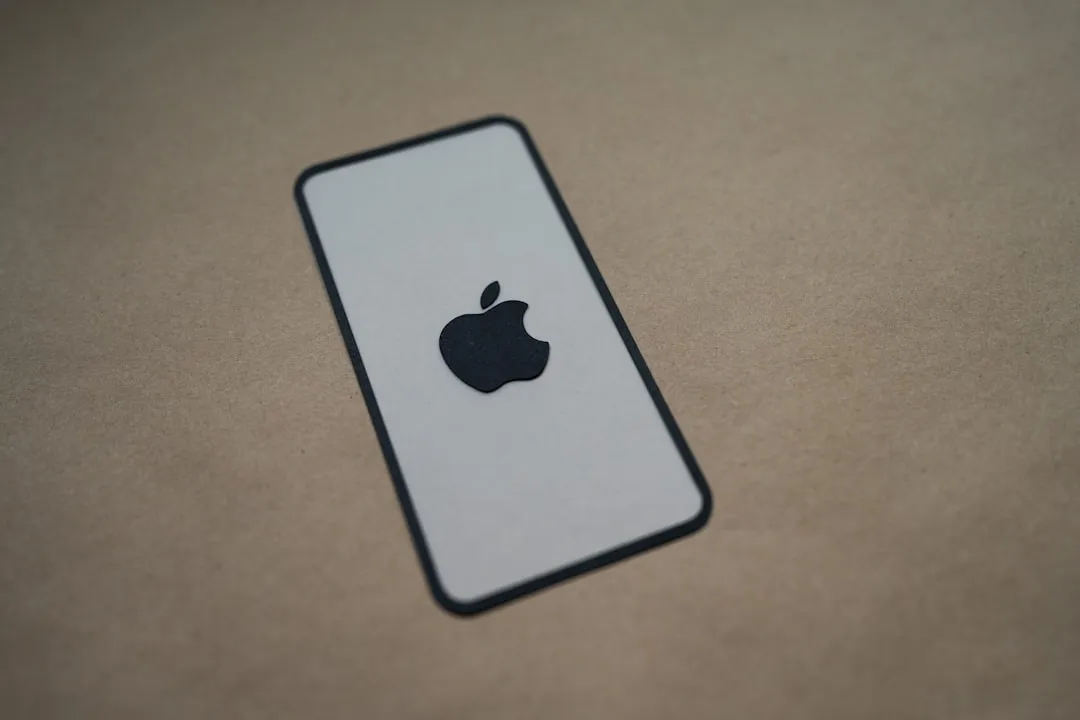


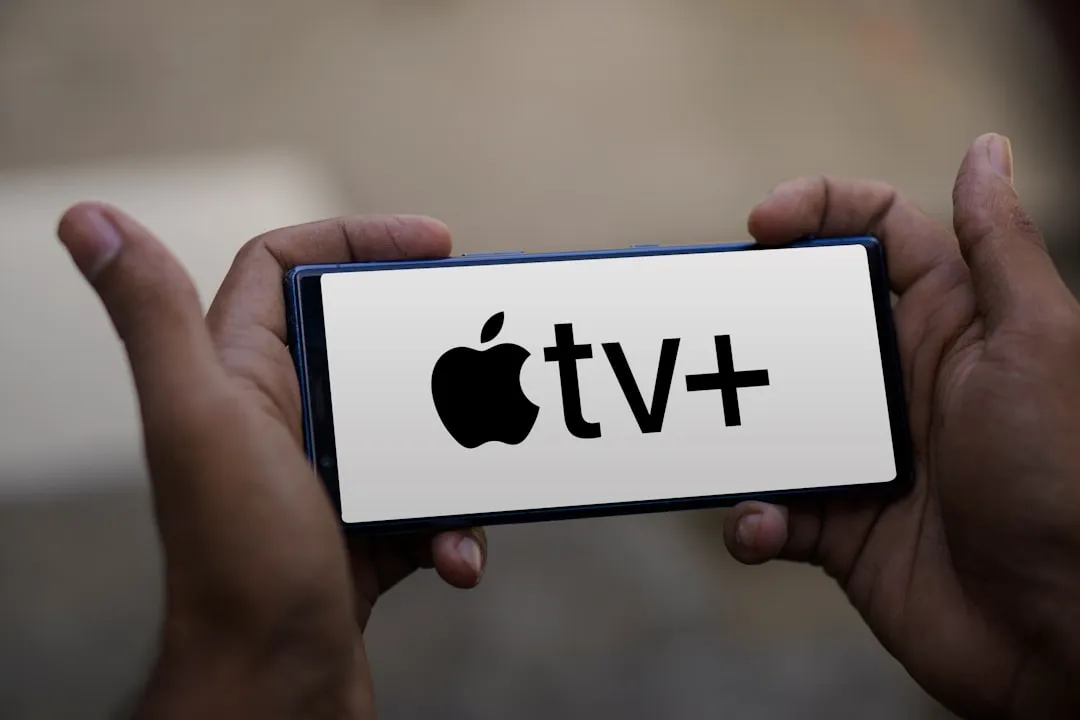
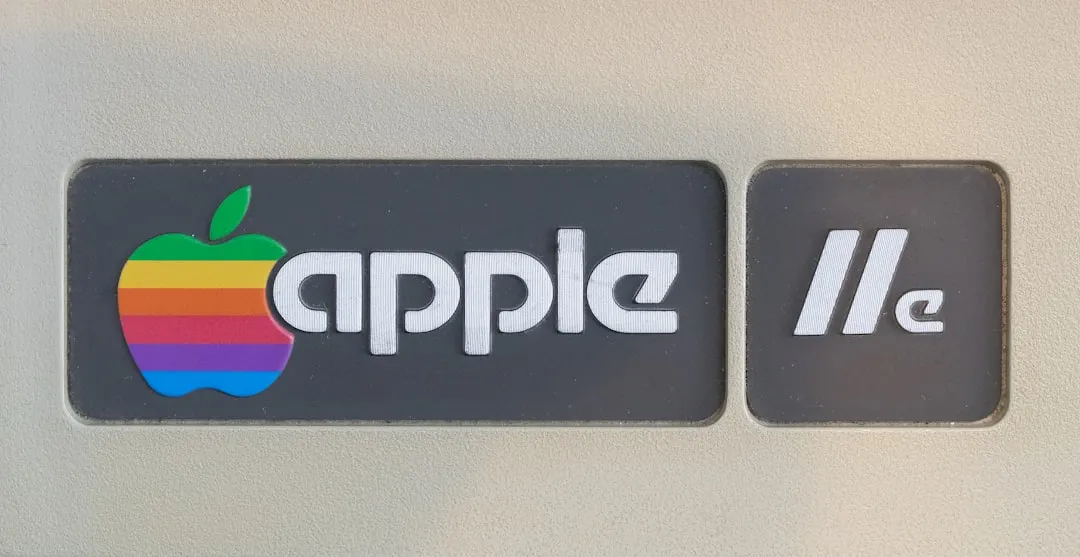
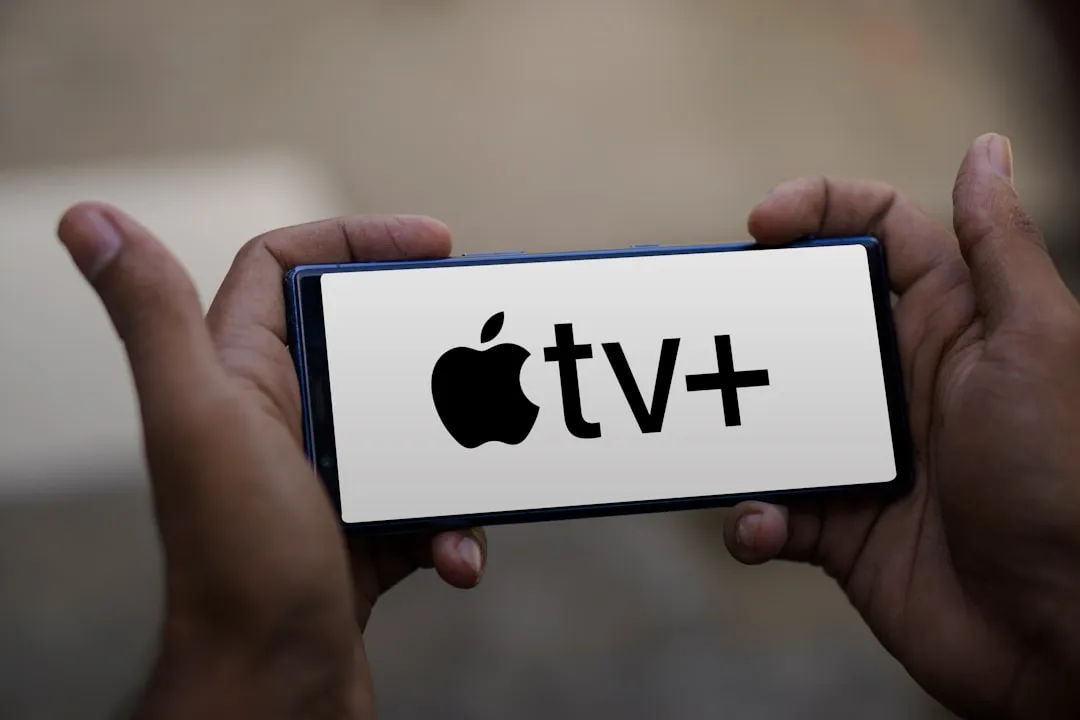
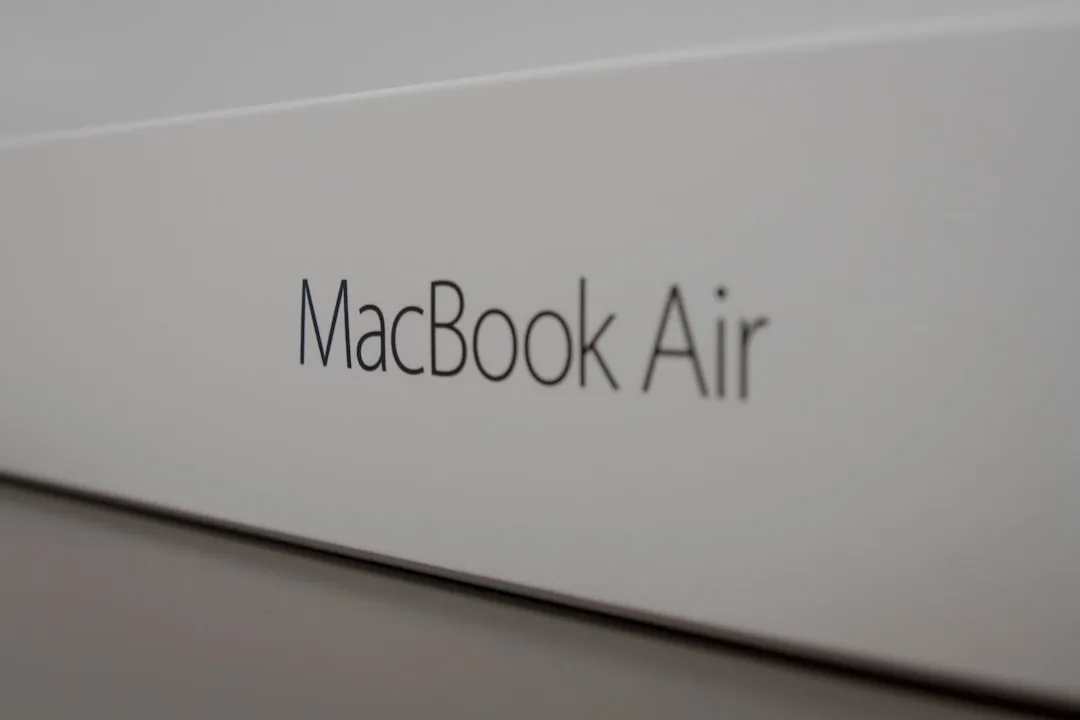

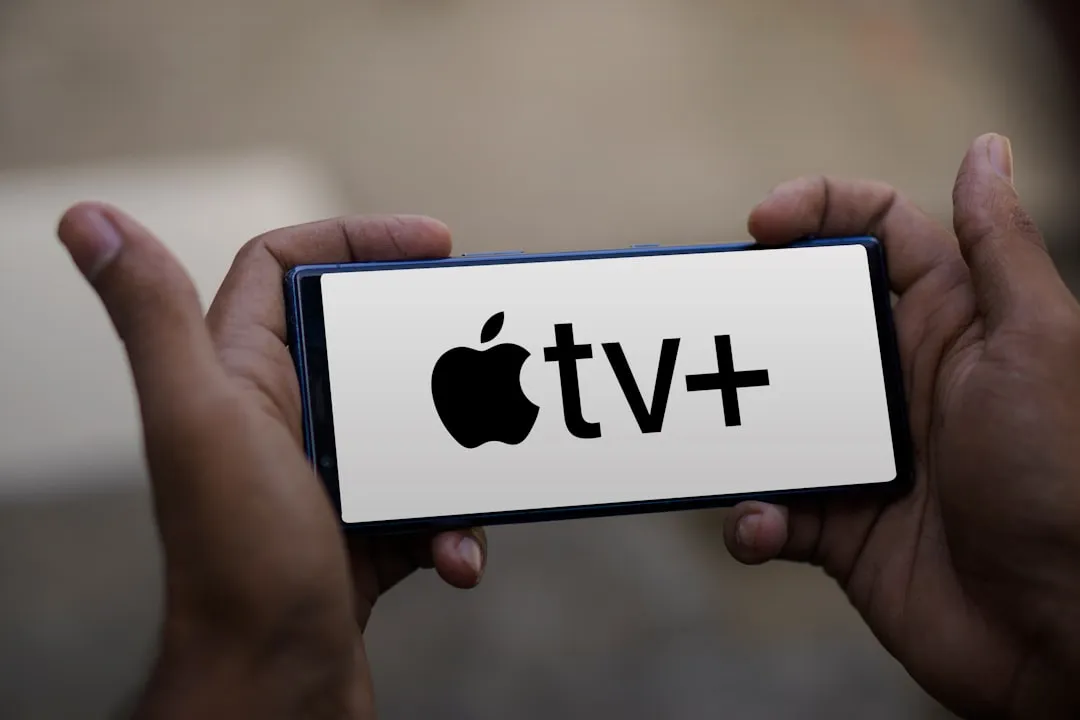
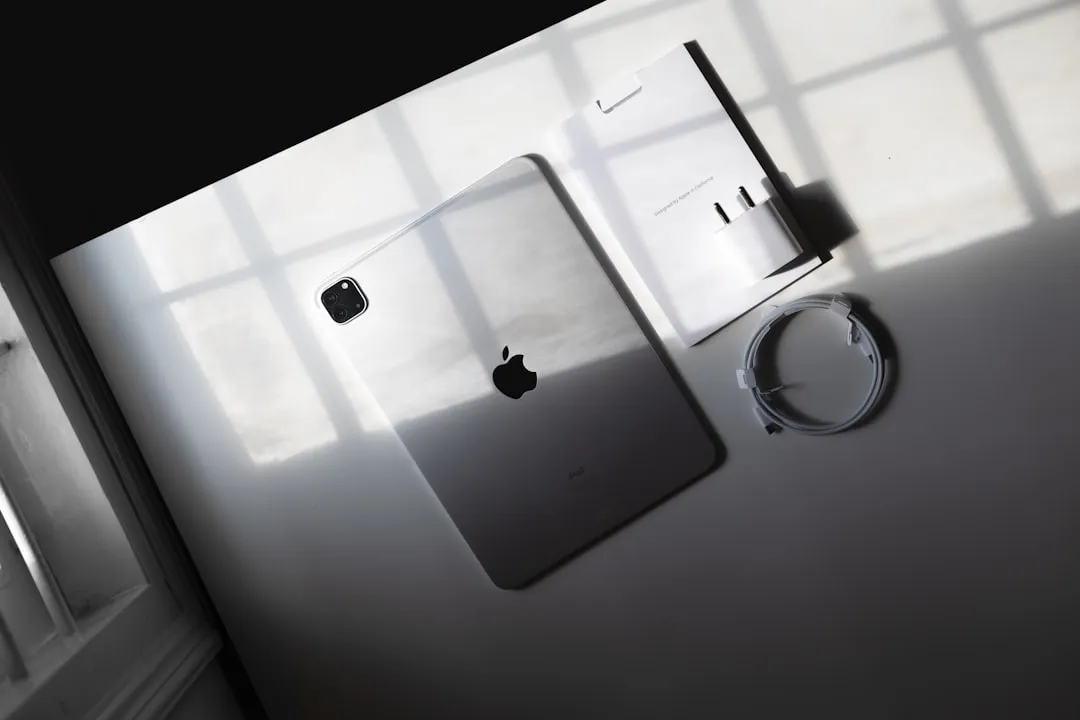
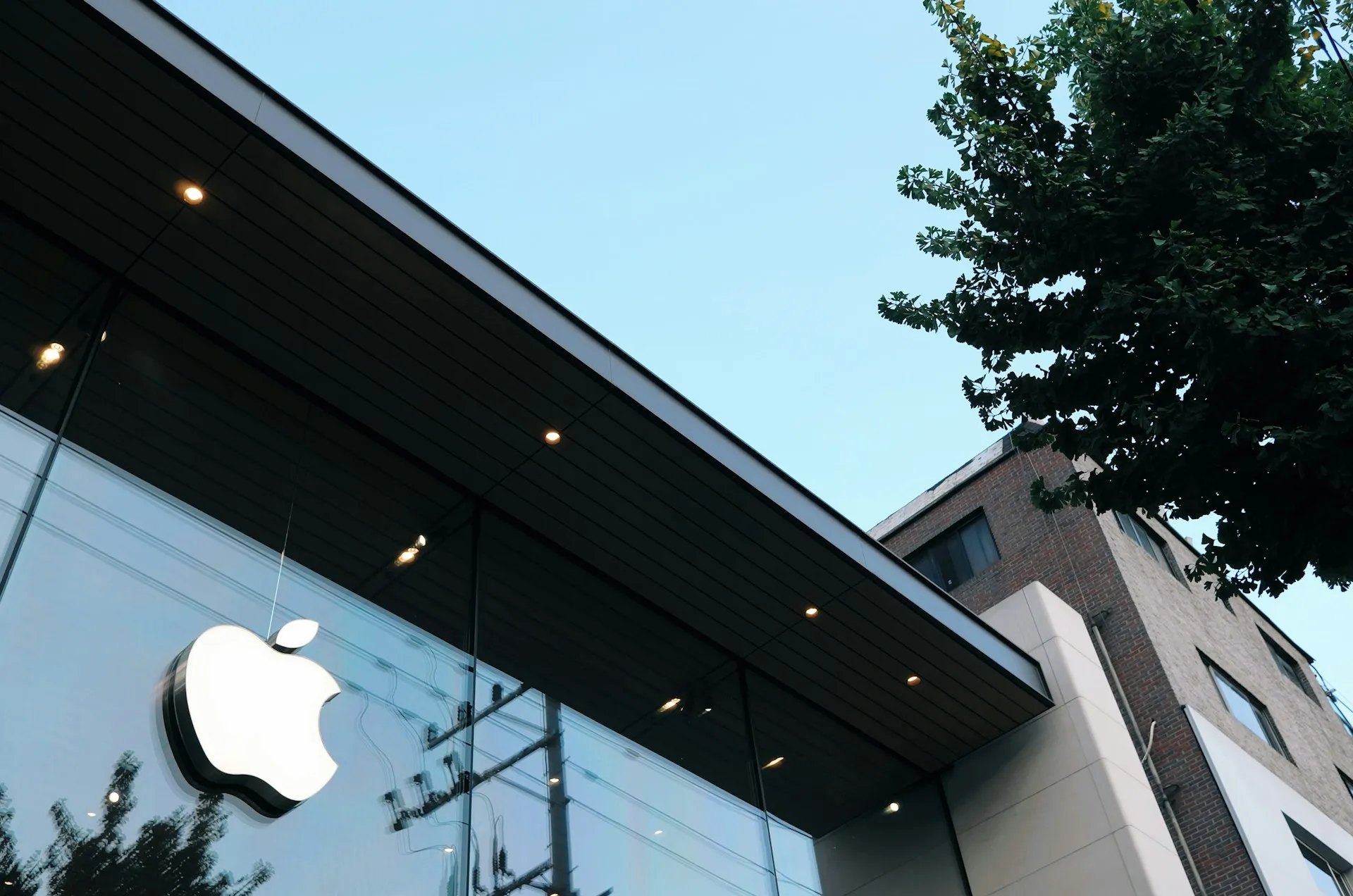
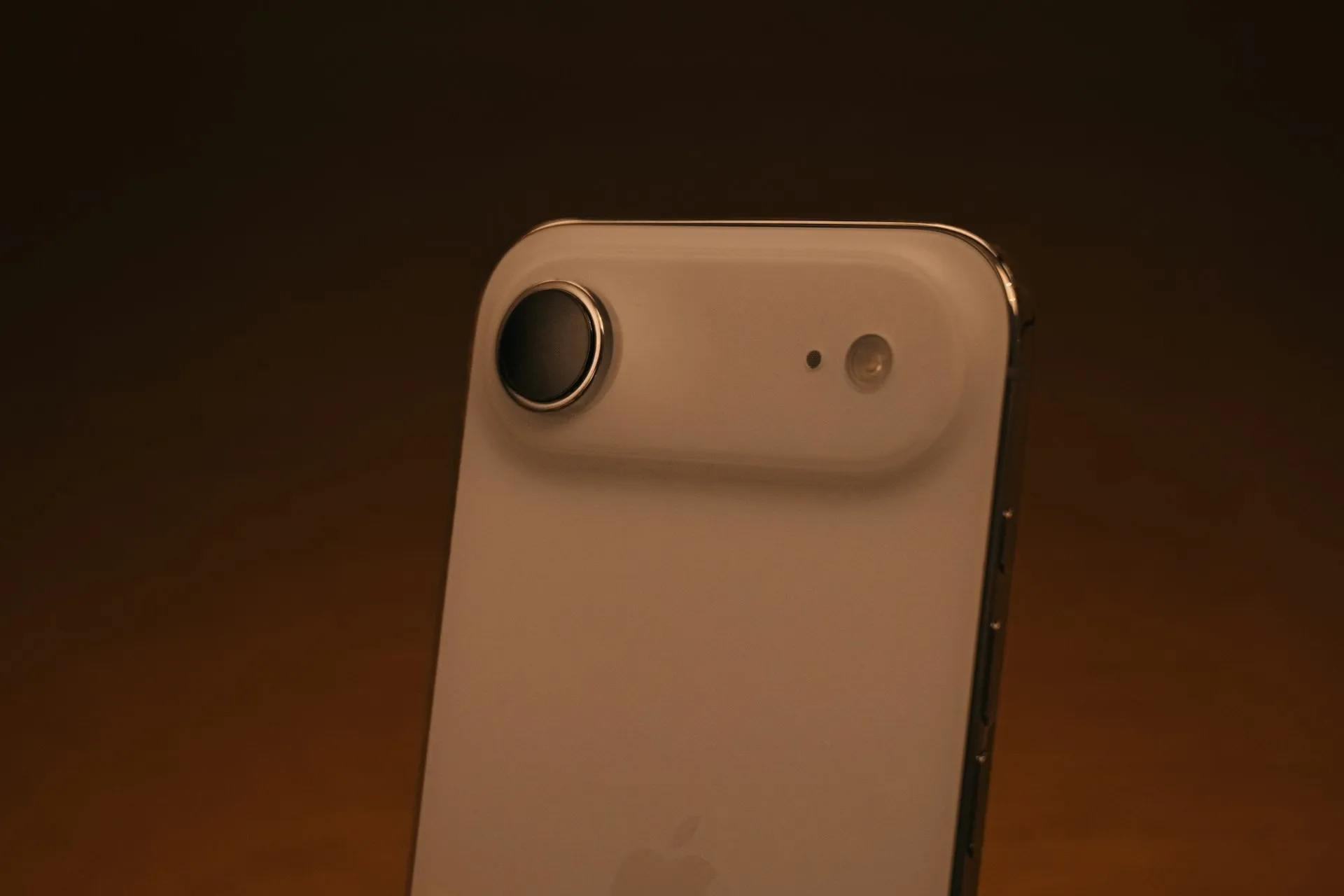


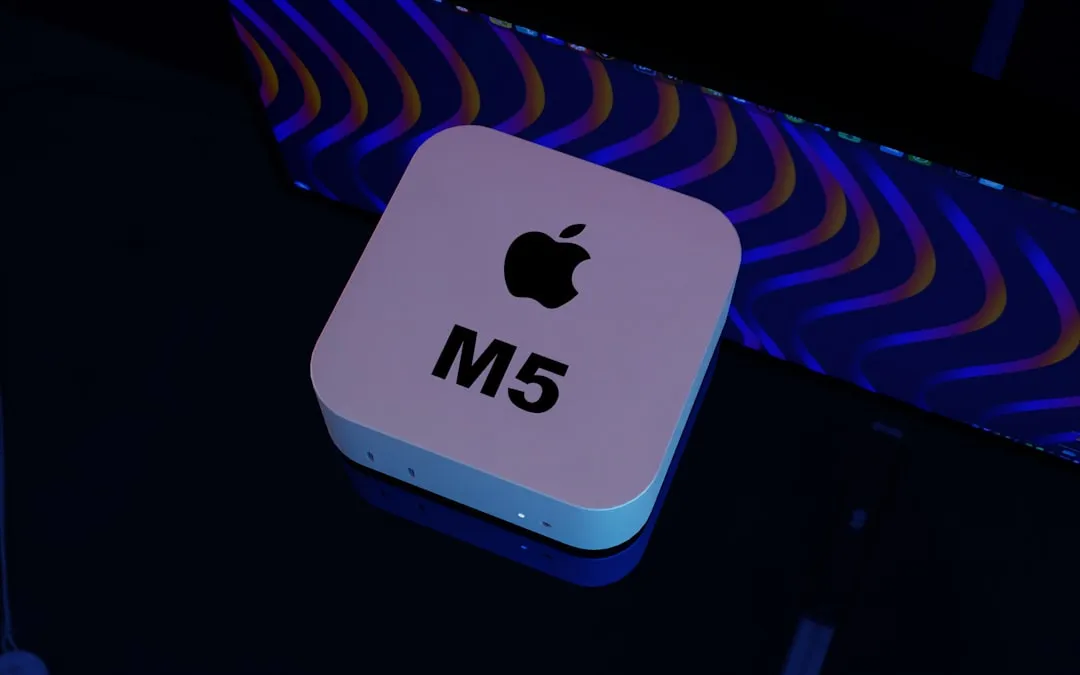
Comments
Be the first, drop a comment!